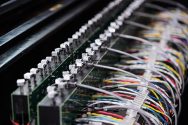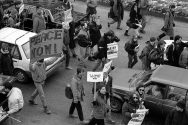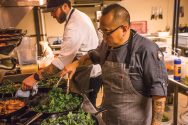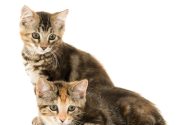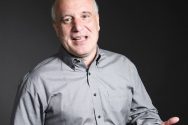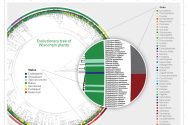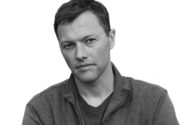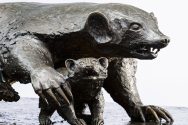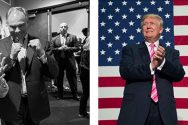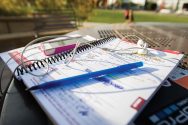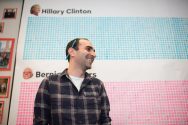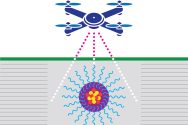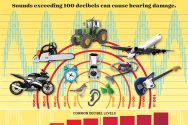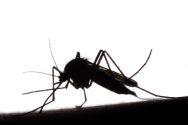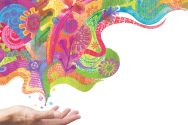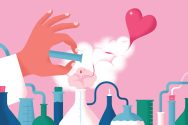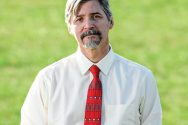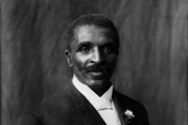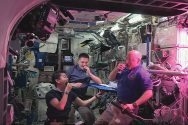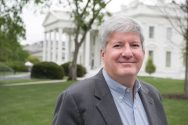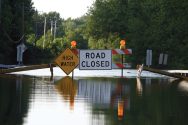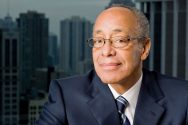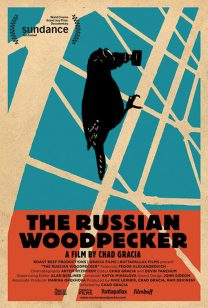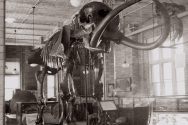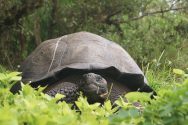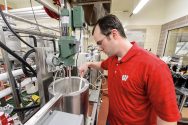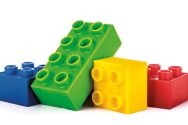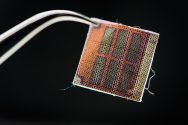UW music professor Christopher Taylor debuts the new instrument he developed on campus.
Research
379 stories. Showing page 6 of 13.
The selfie stick’s got nothing on this camera pioneered by UW researchers.
After 25 years of covering UW–Madison, a university photographer revisits the people and places he’s captured to show how they’ve changed.
Award-winning chef Tory Miller (right) is part of a new UW program that links breeders and growers with top Madison chefs.
For farmers who sell vegetables directly to consumers, disease resistance and high yield are often the top priorities when choosing varieties, but a UW…
Apart from being quadrupedal, furry, and commonly found on your couch, cats and dogs have little in common. But the two species share one more — much less fortunate — trait: both can contract canine influenza.
Sandra Newbury DVM’03, clinical assistant professor and director of the UW School of…
Bryce Richter
In 2014, an exhaustive book about income inequality — French economist Thomas Piketty’s Capital in the Twenty-First Century — became a New York Times bestseller. According to a review in the Guardian, “Many of the book’s 700 pages are spent marshaling…
Sequencing the DNA of every plant in Wisconsin is a daunting task, but a UW team recently accomplished just that. After four years, the project has now gathered information for some 2,600 species — from the most primitive fern to the most advanced flowering plants, plus conifers, birch trees,…
In an excerpt from his best-selling book, Matthew Desmond MS’04, PhD’10 sheds new light on the harsh realities of housing and poverty.
College students and their parents are in closer contact than ever, and that bond has transformed the way universities interact with families.
Facebook, Twitter, and Instagram are part of everyday life. What happens when political candidates and their campaigns wade into the social media scrum?
Feeling overwhelmed? UW research shows one simple act can make a difference.
Elan Kriegel ’03 runs the data shop for Hillary Clinton’s presidential campaign. After the election, he and his team will use their algorithms and their passion to help other causes.
UW graduate students develop a new use for drones: detecting explosives buried in war zones.
Tractor image, Shutterstock; all other images, IStock; photo illustration by Nancy Rinehart
Growing up on a dairy farm in Viroqua, Wisconsin, Melanie Buhr-Lawler ’00 heard her dad’s tractors and other loud equipment every day. Now, as a clinical associate professor of audiology at UW–Madison,…
UW scientists hope that quickly sharing results will generate answers about the virus.
Burnout and depression are common among medical students, but a UW course teaches them tools to stay healthy, along with their patients.
What makes for a healthy relationship? John Gottman MA’67, PhD’71 has mastered the science of helping couples stay together.
The grass may be greener on the other side of the fence. But is that a good thing?
Big find: specimens George Washington Carver collected uncovered at the UW.
The effects of a warmer Earth will last and last and last.
People of color are more likely to get Alzheimer’s disease. The children of former Badger football star Lou Holland ’65 are among those that UW researchers are studying to try to learn why.
The title of director/editor Chad Gracia ’92’s debut documentary film — The Russian Woodpecker — invites so many questions, but, it turns out, it has nothing to do with birds and everything to do with Fedor Alexandrovich: an eccentric, Ukrainian artist who is…
A mashup of science and old-fashioned detective work revealed the true origins of a mastodon skeleton on display at the UW for a century.
UW's first enologist is mixing science and business to make Wisconsin's wine — and its wine industry — more robust.
Shutterstock
Lego wants to turn its iconic bricks green by investing $150 million to find cleaner ways to manufacture them. But the iconic toy company isn’t alone in trying to change the process for the better.
Most of the chemicals used to make plastics, including water bottles,…
Istock image.
States may not be getting the financial benefits that the $5 billion private prison industry advertises. Anita Mukherjee, an assistant professor of actuarial science, risk management, and insurance at the Wisconsin School of Business, conducted what is believed to be the first study comparing public…
UW researchers weave fabric that can harness solar energy.
